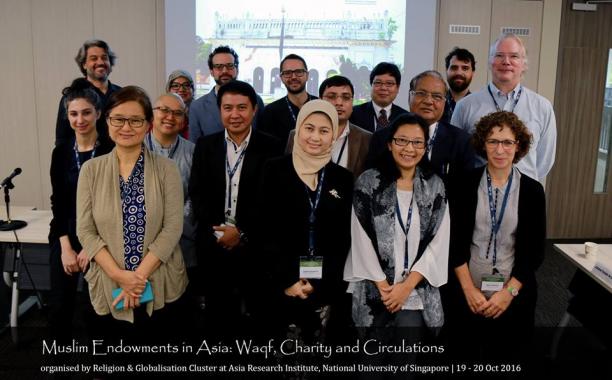Tuesday, November 1, 2016

Dr. Zubair Abbasi, Assistant Professor at the Shaikh Ahmad Hassan School of Law (SAHSOL) presented his research titled ‘Family Waqf under the English Legal System in British India’ at a conference ‘Muslim Endowments in Asia: Waqf, Charity and Circulation.’ The conference was organised by the Religion and Globalisation Cluster at the Asia Research Institute, National University of Singapore on October 19-20, 2016.
Dr. Zubair Abbasi’s paper discusses the family waqf. The Judicial Committee of the Privy Council declared the family waqf invalid in its decision in the Abul Fata case in 1894. Based on the analysis of the cases that led to this decision, he argues that the primary reason behind the decision in Abul Fata was the policy consideration based on creditors’ protection and market circulation of property. The majority of judges knew that Islamic law allowed the establishment of a family waqf. He further comments that they were also aware of the safeguards provided under Islamic law against the misuse of the family waqf. However, they found these safeguards inadequate and conceptualised a waqf as a form of a gift or a stratagem or device to avoid Islamic inheritance law.








